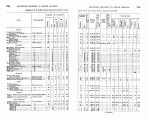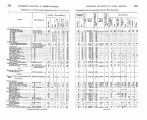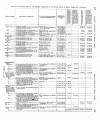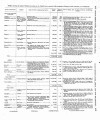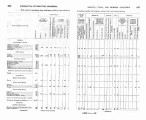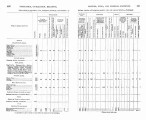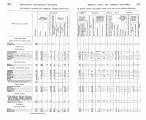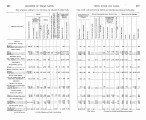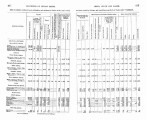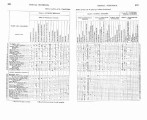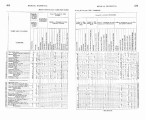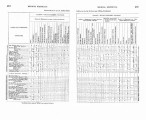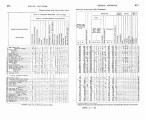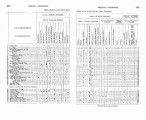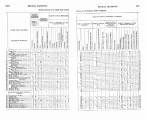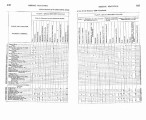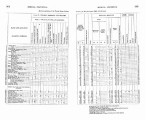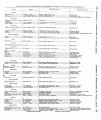| Title |
Annual Report of the Commissioner of Indian Affairs - 1890 |
| Subject |
Indian reservations; Federal government; Indians of North America; Indians of North America--Education; Courts; Allotment of land; Land use; Railroads; Timber; White people--Relations with Indians; Health; Annuities; Horses; Crime; Natural resources; Education; Religion; Agriculture; Work; Employment (Economic theory); Treaties; Alcohol; Families; Names; Indigenous peoples--North America |
| Keywords |
Annual Report; Indian Agency; Reservations; Land Rights; Allotment; Trade; Resources; Tribal Funds; Indian; White Relations; Native Americans |
| Publisher |
Digitized by J. Willard Marriott Library, University of Utah |
| Tribe |
Ute |
| Band |
Uintah |
| Language |
eng |
| Description |
Excerpts concerning Utah from the Annual Report of the Commissioner of Indian Affairs - Courtesy of the University of Wisconsin Digital Collections. Commissioner Morgan describes the duties of his post, the importance of an effective public school system for Indians, efforts to develop industries, enrollment and performance data for existing schools, credibility of reservation physicians, a brief history of Indian/White relations and colonization over America's history, the distribution and acceptance of allotments, the leasing of non-alloted lands, alcohol consumption and temperance efforts, etc. The Commissioner includes in his report blanket instructions for reservation agents and charts with statistics about Indian schools and reservations. Ouray Reservation agent Robert Waugh provides demographic data pertaining to the reservation and describes the police force, mineral exploration, the condition of reservation buildings, and an expedition to round up cattle |
| Type |
Text |
| Coverage |
Uintah and Ouray Indian Reservation (Utah); Utah; Washington (D.C.) |
| Format |
application/pdf |
| Rights |
Digital Image © 2011 America West Center. All Rights Reserved |
| ARK |
ark:/87278/s6hf0rcp |
| Creator |
Commissioner of Indian Affairs; Waugh, Robert; Morgan, T. J. |
| Date |
1890 |
| Spatial Coverage |
Uintah and Ouray Indian Reservation (Utah); Utah; Washington (D.C.) |
| Setname |
uaida_main |
| ID |
371258 |
| Reference URL |
https://collections.lib.utah.edu/ark:/87278/s6hf0rcp |










































































































































































